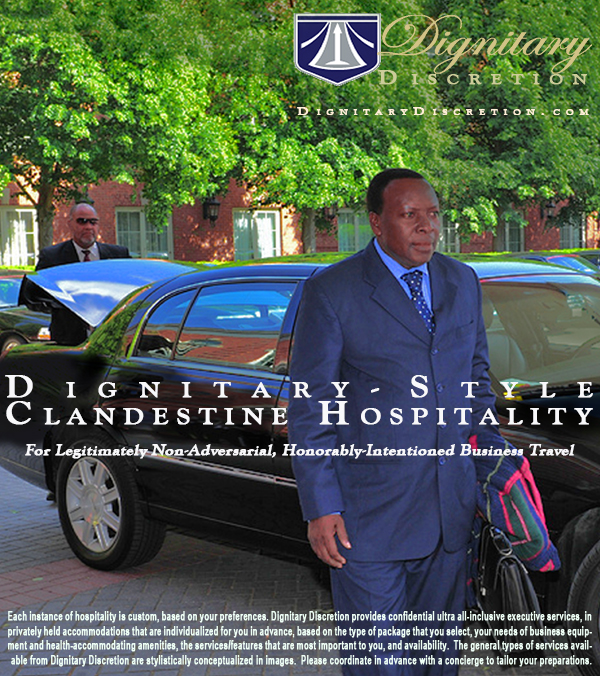Corporate Espionage
Risks of Opportunism and Gossips
Indirect effects of secrecy breaches are often catastrophic—
particularly with false accusations against the victims.
Serious ramifications routinely develop from a wide variety of situations that are rarely labeled as corporate espionage, largely because of legal and inflammatory considerations. A frequent legal accusation would often result in one or more of the following, often occurring completely independent of the eventually accused respective principals (indeed usually without even implied consent):
- insider trading,
- theft of intellectual property—such as technology development, scientific innovation, and/or a business plan),
- anticompetitive collusion, and/or
- breach of confidentiality pertaining to an NDA.
A deliberate conspiracy of complex corporate espionage is reasonably rare. Among the general public, concepts of corporate espionage often conjure visually exciting portrayals of large-budget industrial espionage from movies and television shows, but fiction provides entertainment value because of its imaginative storytelling, providing an escape from mundane life.
Among the greatest risks of corporate espionage by opportunistic employees and corporate coup leaders is being the victim of false accusations—adding insult to injury and often destroying good business opportunities and good careers.
Corporate Finance and Fund Management
On occasion, a small offshore investment bank or a discretionary investment fund (such as a discretionary hedge fund or a late-stage PEG that likes public M&A strategies) will exploit an unsolicited tip, but, even then, most are careful to prevent risks of their Stateside or EU investors from an insider trading accusation. Any fund consultant would bury a tip, and guidance thereon by a fund would usually try to stay within the safety of a small-percentage edge via a modestly routine covered option.
The danger to principals is that those trades by high-yield, consistently outperforming funds are watched carefully by investment bank house traders, hedge funds, and day-traders, quickly creating traction and a buzz among newsletter reporters and analysts, leading to a snowball effect that ultimately can severely damage profitability or capital generation—and put a good-faith director, loyal officer, reputation-dependent hardworking banker, and/or ethically brilliant fund manager into the nightmare of false accusations from a guilty-until-we-find-ambiuities-that-we-can-contrive-as-not-innocent SEC investigation.
Exponential Harm to Confidentiality Victims via False Accusations
A deliberate conspiracy of complex corporate espionage is reasonably rare. Among the general public, concepts of corporate espionage often conjure visually exciting portrayals of large-budget industrial espionage from movies and television shows, but fiction provides entertainment value because of its imaginative storytelling, providing an escape from mundane life. Most corporate espionage does not occur from megalomaniacal executives, or from corrupt officials working with sinister corporations. The socially unpleasant reality is that the vast majority of instances of corporate confidentiality breaches occur from gossip-spreading hourly employees, disloyal employees with friends or prior employment at competitors, hourly workers of vendors and customers, and subversive mid-level professionals and managers.
This author and his associates are personally knowledgeable of countless serious examples, including applied to business and finance, that indeed loose lips sink ships. The following is a composite of three known, factual experienes; similar situations represent staples of securities law textbooks (including at least one textbook citing this author, and sensationally inaccurate newspaper reports about my partner's declassified US government and financing experiences).
- The assistant of an honorable securities-licensed CFO surmises an upcoming major event (based on brief notations from a recent meeting that she incidentally sees),
- who discusses with her coworker (with the exciting preface that this is a secret, so don't tell anyone) about the job implications of the event,
- who figures that she should mention it to her husband (who is also a friend of the CFO),
- who explains to his broker the need for a naked put option in family preparation of the looming job loss,
- who pays off some urgent debt by sharing a tip with a fund consultant…and
- a few months later the SEC mounts and investigation against the CFO,
- who is forced to sign a consent decree regarding converged abnormalities (albeit without the initial suspicion of insider trading) that the SEC lawyers were unmotivated to understand as being legitimate,
- who finds himself in a related lawsuit…and
- who fades into oblivion with a broken family, while working independent-contractor non-financial clerical jobs in under-insured poor health, after losing custody of his daughter.




